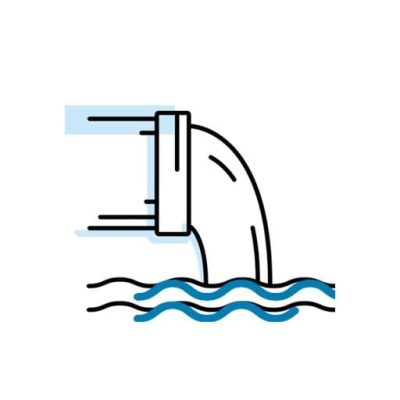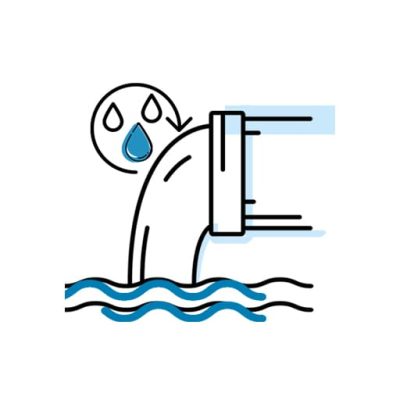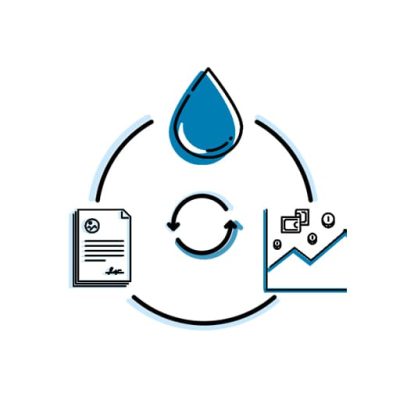
AG Real Estate is the real estate subsidiary of AG Insurance and the real estate consultant of Ageas. They aspire to manage, as an integrated operator, a diversified asset portfolio in an optimal and sustainable manner. AG Real Estate is active in Belgium, France, Luxembourg and selected European markets as both investor and developer in the best interest of their clients and partners.
Water consumption in buildings accounts for a significant share of total water consumption in societies. A dedicated water management plan can reduce the impact that real estate has on the water cycle and AG Real Estate is ambitious to play a pioneering role in this matter. In a first step, technical interventions to reduce water use in building assets will form the foundation of future reductions. However, such measures are often insufficient to dramatically increase sustainability and positive impact on the environment of Real Estate companies. From the experience obtained by Water Experts, communication to all stakeholders is essential to create a movement to a more sustainable water cycle. Combining expert technical knowledge and effective communication is key to promote sustainable water management in Real Estate.
At the basis of the sustainable water management plan is the collection of qualitative data and benchmarking, after which water-saving measures will be detected and evaluated technically and economically. This first step will reveal the true potential to lower the water in an economically viable way.
AG Real Estate will decrease the water use in its assets with 30% by 2025 and will obtain a sustainable image through our communication efforts. A sustainable image has a positive effect on employer and company branding, providing AG Real Estate with a competitive advantage.
The extensive audits revealed that water consumption was very distributed among the buildings, with some buildings consuming much more water than average, whereas others performing exceptionally well. The results proved that each building is different and has its own water use characteristics. For example, cooling towers could be a significant contributor to total water use, especially when server rooms were to be cooled 24/7. Also, depending on the type of air humidifier used, water consumption could be high as well. It is, thus, important to consider water use as well when deciding on climate regulation in buildings. Many solutions exist to prevent the use of air humidifiers and limit water consumption in cooling towers. Proper design is of utmost importance in that aspect, along with investigating methods to prevent the need for such appliances.
Thanks to online monitoring of the water meters in several buildings, the presence of leaks could be detected. Almost half of the buildings clearly experienced leakages, hidden from view but significant in contribution to water consumption (2% up to 50%). A proper monitoring system with warning signals helps prevent costly leakages.
Several water saving opportunities were identified:
Benchmarking enabled our experts to identify key buildings where water saving efforts could have the biggest effect. Quick wins were identified which have a low return on investment (1-3 years) and buildings were identified where rainwater capture could be installed relatively easily (easy accessible shafts, room available in the parking or outside for a rainwater tank, rainwater already separately discharged from wastewater,…).
When fixing the leaks and by applying the measures on the points of use, total water consumption over all 20 buildings could be decreased with 45%. When also considering rainwater capture and reuse in all buildings, about 64% could be saved. These actions would make AG Real Estate a front runner in terms of water sustainability.


